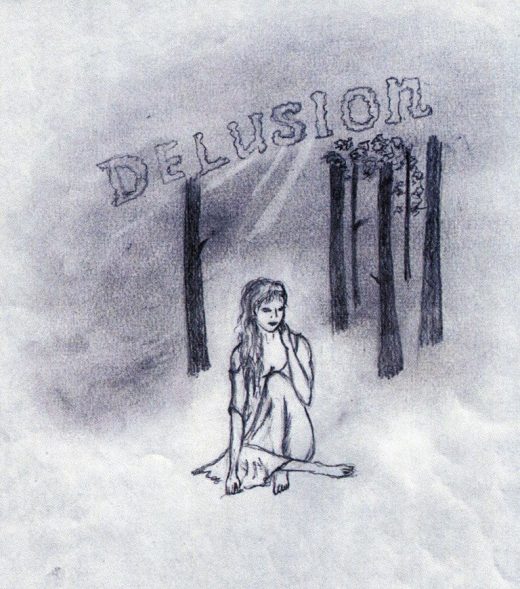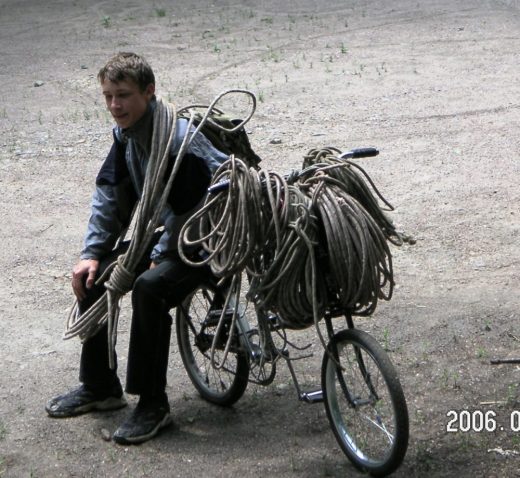I have been reading with some interest the events surrounding the leadership contest (or lack of one) for the PC Party. For me it brings back memories of my involvement in another nomination process, as a young naïve mayor who had, at the time, some political aspirations.
I had decided to run against a prominent cabinet minister for his nomination, not out of ill will, but out of a desire to be involved. After it was over there had been well earned lessons. But, it took another nomination process a couple of years later, with new lessons, to purge forever any such political ambitions. These processes have nebulous rules, systemic party control and questionable democratic principles, much less practices.
The current leadership process, to me, exemplifies this. It demonstrates the shift away from democratic governance (by all parties) and a belief in government as private and business with control being most important. That is not to suggest these views are right and proper, even for business.
Most important, it relates to a misconception of true and genuine leadership; perhaps more evident in the eras of leaders such as Roosevelt, Churchill and, latterly in Canada, Pearson. For this province, it appears people desire a saviour rather than a leader. This wish also appears evident today in many other democracies.
Obviously Premier Williams fit this profile, with his popularity ratings, perhaps even higher than some very prominent religious leaders. I don’t make this statement to diminish Mr. Williams nor his achievements, but to suggest that in a strong and balanced democracy this would not be possible.
The Williams government was based on one person. He ran it like his own private corporation, quelled any dissent and sent packing any who challenged him or his ideas. This appears to be a nouveau style of democracy, as we have witnessed the same approach in other countries and in our own federal government.
This type of control in private business may bring profit and benefits to the individual in charge and even his cronies, but it doesn’t necessarily contribute significantly to the greater good of business or society. This is why rules and laws were developed in the first place to regulate business and markets and it is why so many democratic politicians have fought so hard for fairness and openness in government.
But, many of these hard won protocols have been eroded overtime by each new head of government who was into control.
What is missed, or perhaps ignored, by those who wish control, is the vacuum that comes behind the ruler’s departure. The leadership potential of not only his/her party, but others as well, is diminished because so many who could and would contribute had been sidelined. As such, the basis of democracy becomes short-changed over time.
What appears lost on many is that autocratic rule is just that; whether within a democracy or in a dictatorship. It may last for a while but eventually it wears thin on most.
Premier Williams is only the latest in a run of charismatic and populous heads of governments, both near and far, who have left such a void at their departure that their parties have been severally diminished and in some cases almost destroyed. At least in his case, he had the sense to leave before having to be pushed.
There are lessons to be learnt from the polarization of power that can be witnessed in many democratic countries including our own.
The world needs a new and innovative approach to democracy that changes representation into participation. I am not referring to Proportional Representation, which only shifts even more power away from people into parties. What I am advocating is an honest and sincere approach to participatory democracy, putting people closer to the centre of power.
Most of our lives will become even further stretched by economic shifts and world events, as others’ have been around the world. One day, if we are not very attentive, we may be watching similar peoples’ uprisings from our living room windows, rather than from our television and computer screens.
We have to be increasingly vigilant in protecting our democratic processes and ever cognizant of our own responsibilities
Bill Pardy
January 19th, 2011
.


